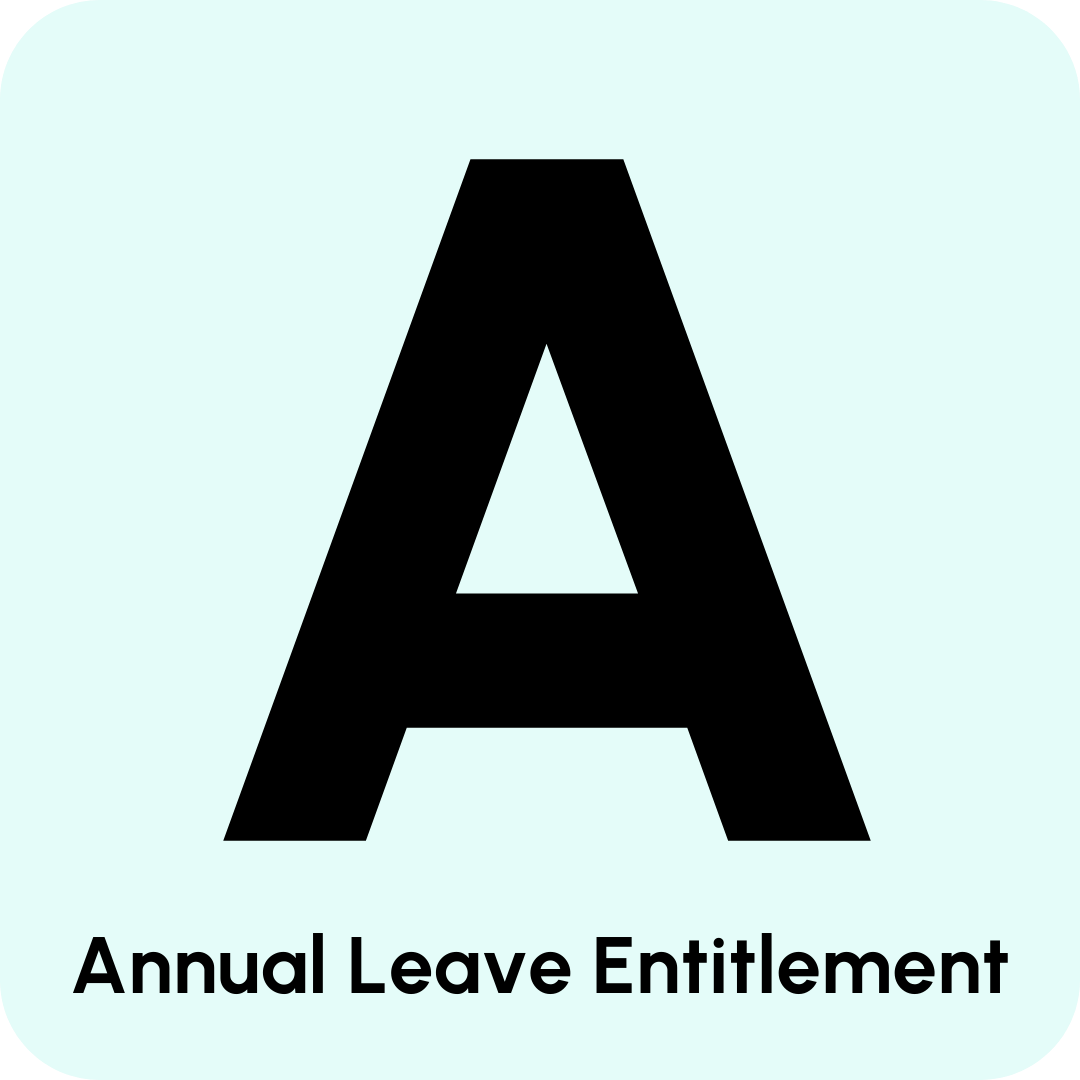What is annual leave entitlement?
Annual leave entitlement is the total amount of paid holiday an employee is legally or contractually entitled to take each year. It covers both statutory entitlement under UK law and any additional leave an employer may offer as part of their benefits package.
Annual leave is one of the most important workplace rights, designed to ensure staff can rest and recover, reducing the risk of burnout and improving wellbeing.
What does annual leave entitlement mean in HR?
The Legal Framework
- Under the Working Time Regulations 1998, all workers are entitled to 5.6 weeks of paid annual leave per year.
- For a full-time employee working five days a week, this equals 28 days’ leave per year.
- This statutory entitlement may include the 8 UK bank/public holidays, depending on the employer’s policy.
- Part-time employees receive a pro-rata entitlement, based on the number of days or hours they work.
- Casual and zero-hours workers accrue annual leave based on hours worked, often calculated at 12.07% of hours worked.
Beyond the Minimum
Many employers choose to offer enhanced annual leave entitlement as part of their benefits package. For example:
- Additional days after a certain length of service
- “Birthday leave” or wellbeing days
- Buy/sell leave schemes to give staff flexibility



